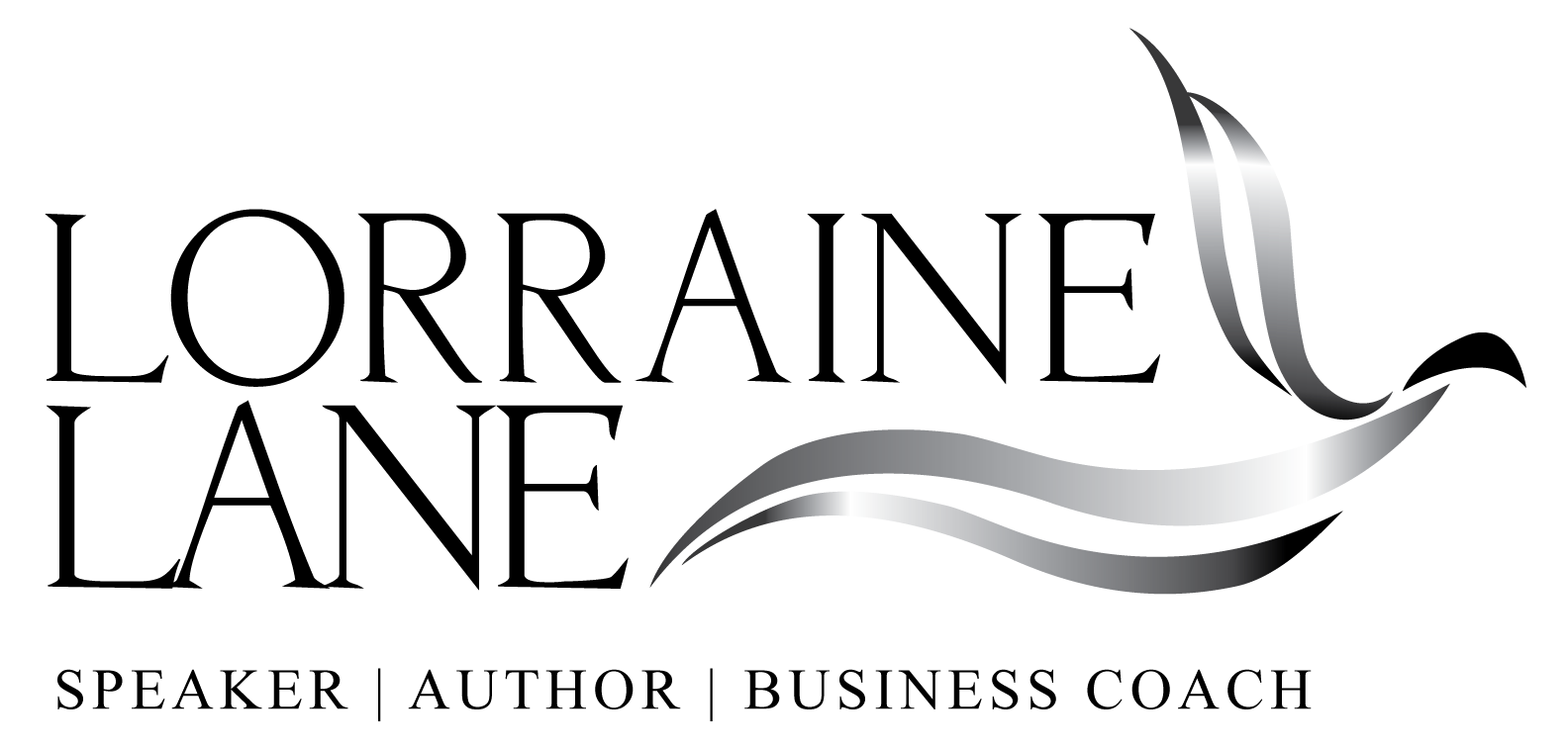 Reviewing resumes is an important skill for hiring managers. The process begins way before you have a copy of a candidate’s resume on your desk. It starts with a good job description and role profile. Both will provide a foundation for the resume review.
Reviewing resumes is an important skill for hiring managers. The process begins way before you have a copy of a candidate’s resume on your desk. It starts with a good job description and role profile. Both will provide a foundation for the resume review.
When you know the key skills, qualifications, traits and experience that are critical, and the education requirements you are looking for, then the task of reviewing resumes will be decidedly easier and far more effective.
One sometimes overlooked part of a resume is the cover letter. A well-written cover letter will address the important points you’ve outlined in the job description. When I served as a recruiter for a high-tech company, there were many times when the cover letter was the clincher for adding an applicant to the list of candidates to be interviewed.
When a resume review is done well, you save valuable time
Some of the criteria that were used in the days before electronic application screening are no longer viable. For instance, the quality of the stationery, the document’s design and formatting. Some criteria are still in style including the spelling and grammar. These speak volumes about a candidate’s attention to detail and carefulness.
But be careful not to discard a resume just because there is no cover letter associated with it since some candidates are lately being advised to eliminate the cover letter. Still, those who do make the effort to write a cover letter see it as an opportunity to bring attention to the qualifications and experience they bring to your opening.
Once you’ve taken the time to develop a good job description and role profile, you will more easily scan a resume to determine if the applicant has the experience and skills that meet your requirements.
Look for a summary statement that is focused on the candidate’s experience as it applies to your opening. Big, generalized statements that say things like, ”looking for opportunities for growth,” or ”I am looking for a challenging opportunity,” are copied from resume sites. These statements are so general that they tell you nothing about the candidate.
Watch for red flags. The biggest ones are big gaps in employment with no explanation. There may be perfectly acceptable justification such as military service or care of a parent. Another red flag is a poorly written resume. With all the resources available for preparing a professional resume, there is no excuse. A very general resume indicates that the applicant is covering a wide area and did not take the time to focus on the job you posted. When you review resumes, look for the ones that are targeting your opening. These candidates are interested and took the time to personalize their resume and cover letter. Buzz words are another red flag, and these words are used to disguise a lack of experience or education or both!
Good potential candidates showcase their experience rather than simply offering a laundry list of duties. Don’t be fooled by the clever use of keywords. Rather look for how the candidate added value, got real results, initiated a process or provided customer service.
As you go through your resume review, remember that a team member who fits your culture may be a better fit than someone who is competent but is a square peg in a round hole. Professional training is easier to provide than a personality makeover.

